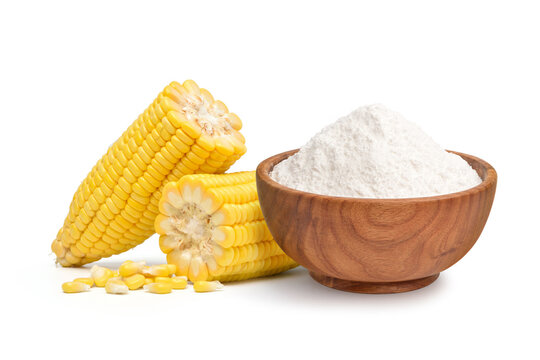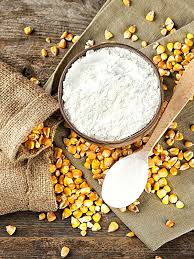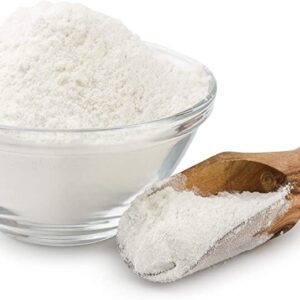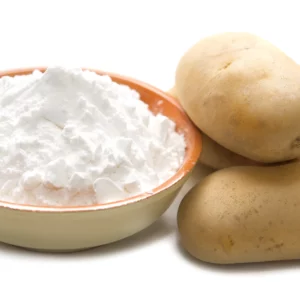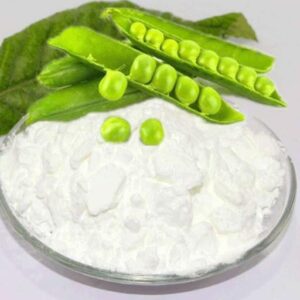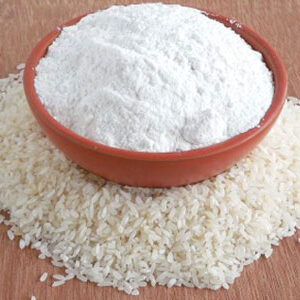Corn Starch is a fine, powdery substance that is derived from corn kernels. It is a popular ingredient in many foods, particularly those that require thickening or binding. It is a widely used ingredient in the food industry, due to its versatility and low cost.
Corn Starch has a number of uses. It is commonly used as a thickener in soups, sauces, and gravies, as well as in puddings and custards. It is also used in baking, where it serves as a binding agent, helping to hold dough and batters together. In addition to its culinary uses, corn starch is also used in a number of other industries. It is often used in the manufacture of paper, textiles, and plastics, and is also used as a dusting agent in baby powders and other cosmetic products.
One of the reasons why corn starch is so widely used is its versatility. It can be easily modified and adapted for use in a wide range of products. For example, modified starch is often used as a thickener in processed foods, such as canned soups and sauces. This modified corn starch has been treated with various chemicals to alter its properties, making it more stable and able to withstand high temperatures.
Starch is also a relatively inexpensive ingredient, which makes it attractive to manufacturers. It is easily sourced and processed, leading to a lower cost than many other thickeners and binding agents. This makes it a popular choice for both budget-conscious consumers and manufacturers looking to keep their costs down.
Specifications
Product Name: Corn Starch
Appearance: Fine Powder
Color: White to off white
Screen Test (#100): >95%
Screen Test (#200): >85%
Moisture: ≤ 13.0%
pH: 4.5 – 7.0
End Viscosity: 700 – 1200 MVU
Microbiological
Total Plate Count: ≤ 10,000 cfu/g
Yeast: ≤ 200 cfu/g
Mold: ≤ 200 cfu/g
E. Coli: Negative
Salmonella: Negative

